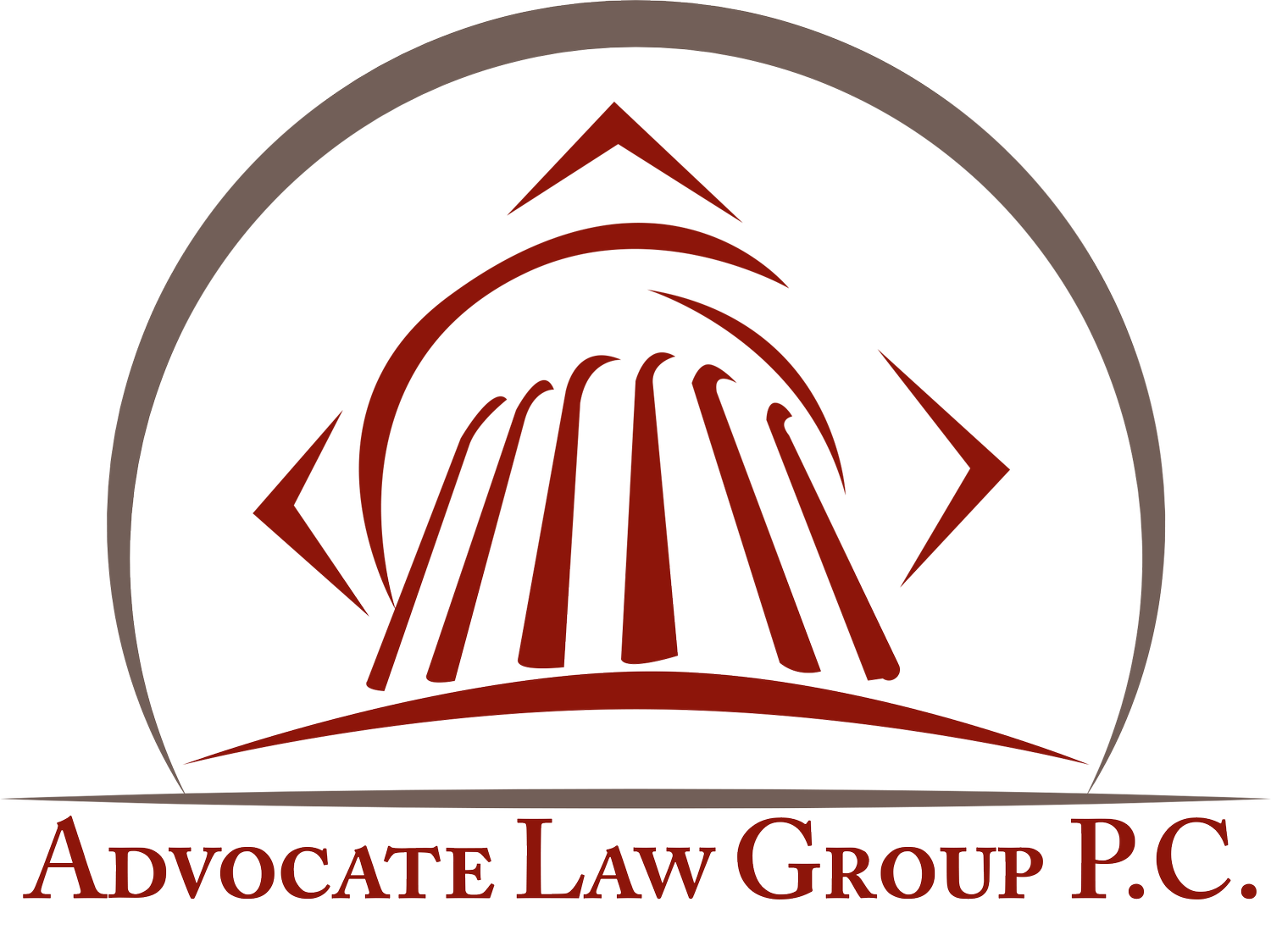Insurance BAD faith and Reinsurance
Insurance Bad Faith
Very few insurance companies have earned favorable reputations, and most insurers have average reputations, yet even at the best of insurers an otherwise good claims examiner can have a “bad day” and improperly deny a perfectly valid claim and then dig in his or her heels, and be backed up by supervisors too lazy to look into the details. Some insurers are routinely horrible such that even their own attorneys recognize their clients are constantly wrongfully denying valid claims, yet those insurance companies persist because they find their bad practices highly profitable. The end result is that – even at the best insurers — many people find themselves in situations where their insurer is not fulfilling its contractual obligations to pay out the benefits it owes.
At all insurance companies a primary concern is limiting the amount of money they will have to pay out in claims. Insurers rely on a diverse arsenal of tactics to achieve that goal. Frequently, we see cases where even an otherwise good insurer will unjustly deny a claim, agree to pay only a small portion of the claim, or even deny responsibility and refuse to pay anything for years. Often, they compound their original denial and try to bury any policyholder who objects to the denial under repetitive paperwork in the hopes that the policyholder will just give up. While all of these practices and tactics are immoral, whether or not they constitute insurance bad faith depends on the exact factual situation.
Insurance bad faith occurs when an insurer wrongly denies a claim and does so intentionally (with the knowledge that their denial is not reasonable) or recklessly (without having a sound basis for the denial). Proving an insurance bad faith case thus requires proving that 1) the insurer denied a claim without a reasonable basis for doing so, and 2) that the insurer was or should have been aware it did not have a reasonable basis for denying the claim when it did so. It is important to note that paying only a portion of the claim or delaying payments for an excessive amount of time can also be the foundation of a bad faith lawsuit. Other unethical practices by insurance companies that can serve as the basis for a bad faith lawsuit include requiring undue forms and other information to process a claim, cancelling coverage because of a claim, inadequately investigating a claim, threatening the policyholder, and denying coverage or renewal under certain circumstances.
The most common form of actionable bad faith occurs when your own insurance company fails to fulfill its contractual obligations with you, which is known as first party-bad faith. For instance, if you broke your leg as a result of a covered activity and the insurance company refused to pay the amount you are owed, that could be a case of first party bad faith. Another circumstance in which there may be first-party bad faith is if your own insurance company fails to defend you when it is obligated to do so, or unreasonably fails to settle a claim against you within the limits of your policy and someone later wins a judgment against you for in excess of your policy limits.
Third party bad faith occurs when another person’s insurance company fails to act properly toward you. This type of bad faith can occur if, for example, you were injured in a car accident (that was not your fault) and the other person’s insurance company fails to pay you anything for your injuries, your loss of income or your pain or suffering as a result of the crash where its driver was at fault. Many states do not allow recovery for third party bad faith.
Winning an insurance bad faith lawsuit, means you would be eligible to recover a lot more than just the value of the original claim. Attorney fees, punitive damages for the insurer’s bad behavior, consequential damages, damages for emotional distress, and even a multiple of the value of the original claim may be recovered, depending on state law. Successfully handling an insurance bad faith case requires experienced attorneys who know the insurance business inside and out. At the Advocate Law Group, our senior partners have extensive experience with bad faith cases. One won the very first case ever successful against the nation’s largest insurer, while another was President and CEO of a different unit of that same insurer. Both now work for Advocate’s clients against insurers to hold them accountable – contact us today for a free consultation.
Reinsurance
Reinsurance is a method insurance companies use to share and limit the risks posed by potentially major losses, enabling an insurance company to write coverage where there is a huge potential exposure – such as covering property damage insurance on a major office building, liability insurance on pharmaceutical manufacturer’s products, or life insurance on a billionaire – when no one insurance company would be willing or able to handle such a large single risk on its own.
Reinsurance distributes the risks among other insurance companies so that in the case of a very large claim, a disaster or other major event, no one insurance company is overexposed. By distributing risks through reinsurance, insurers are able to write policies that otherwise would be too much of a gamble. For instance, say a developer wants insurance for a brand-new multi-billion dollar factory. If only one insurance company retained financial responsibility for the full factory it could face insolvency if the whole complex were destroyed in a tornado, earthquake or fire. Reinsurance allows policies like these to be sold because the insurance company issuing the policy shares that risk with multiple different insurers. In exchange for taking on some of the risk, the reinsurers receive a share of the premiums, and sometimes become involved in the claims process, even on smaller claims.
While most problems with reinsurance arise when a major disaster occurs, reinsurers sometime influence decisions — and causes unjustified claims denials — in relatively smaller matters. At the Advocate Law Group, our partners have served as arbitrators in reinsurance matters and know how the existence of reinsurance and the influence of a reinsurer sometimes can influence what to those less sophisticated might seem to be an ordinary auto accident or fire insurance claim.
Advocate Law Group’s lawyers have over a half-century of legal experience in insurance and evaluating, settling and litigating insurance cases. Reach out to Advocate Law Group today for a free, no obligation, confidential consultation.

Get Your Free Case Evaluation
The attorneys in the Advocate Law Group network bring decades of real-world experience in both law and insurance.
